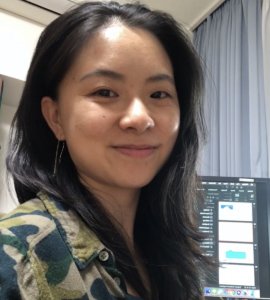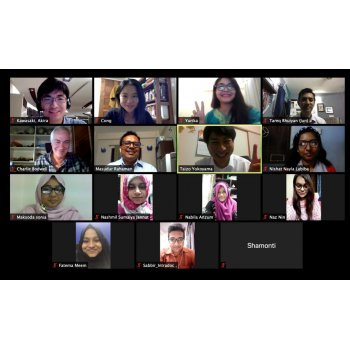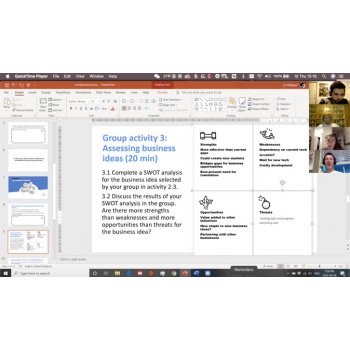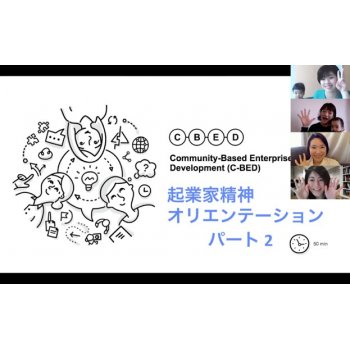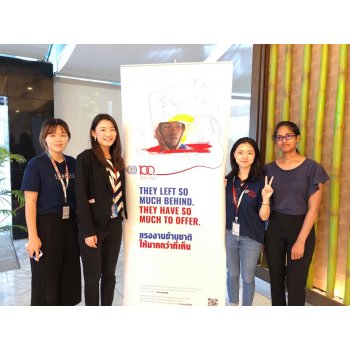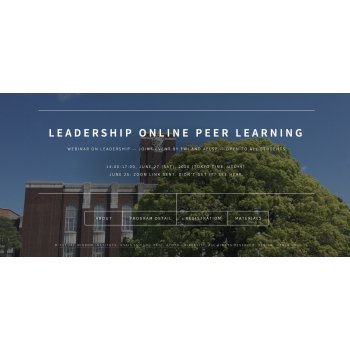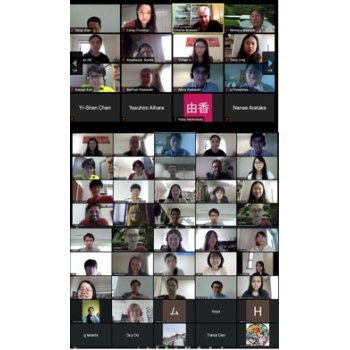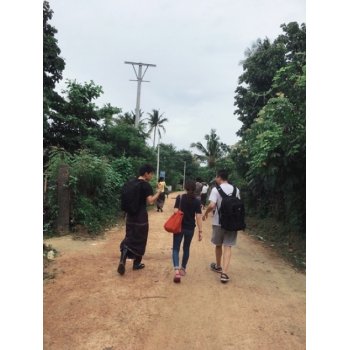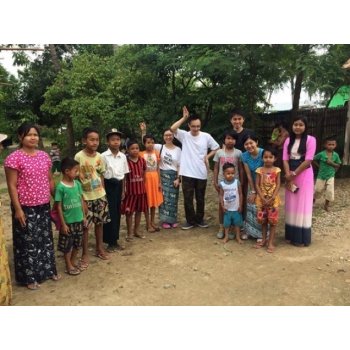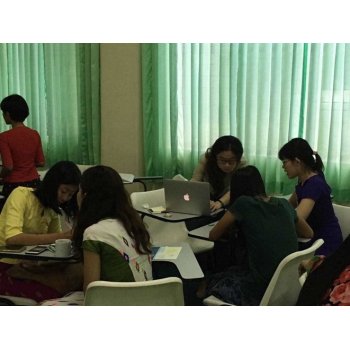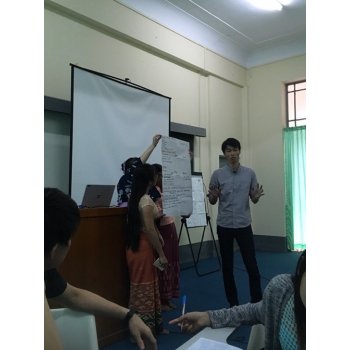徐 聡
Present Research
We human beings are facing many global challenges and that often these problems are created or exacerbated by leadership. When a global issue arises, such as climate change or gender inequality, it is imperative that our leaders first, recognize there is a problem, analyse and understand the problem completely, and finally find the right people to solve the issue. Thus, leadership is fundamental to solving global issues. After recognizing this crisis in management, I decided to study leadership at the Graduate School of Advanced Integrated Studies in Human Survivability (GSAIS) at Kyoto University.
I focus on a team-based leadership approach called shared leadership. In shared leadership, the leadership role is not restricted to a single person but shared among team members depending on the team’s needs. It challenges the notion that leadership is a stable, fixed function of one charismatic person who leads a group of individuals to achieve certain goals. I chose this research topic because I believe that compared with centralized, vertical leadership, shared leadership is better suited to the contemporary world, where the global environment changes rapidly and the complexity of knowledge work increases exponentially. Because they are highly interlinked, complex, and require a great deal of creativity, global issues in particular require shared leadership. These problems demand input from multiple individuals, instead of hoping that one single leader will possess all the necessary competencies and capabilities alone.
Education
- PhD candidate in Advanced Integrated Studies in Human Survivability, Kyoto University, Japan
- Specialisation: Leadership, Gender, and Organizational Behaviour
- Recognised student in Management, University of Oxford, UK
- MSc in Management, University of Bristol, UK
- BA in Economics, Northwest University, China
Publications
-
Xu, C., & Wang, Y. (2018). Shared Leadership: Exploring the Multidimensional Structure and Relationship with Gender Identity, Paper accepted for the 78th Annual Meeting of Academy of Management. https://journals.aom.org/doi/10.5465/AMBPP.2018.10980abstract (peer reviewed)
-
Andersson, S., Seo, A., & Xu, C. (2019). Final Report: Improving Livelihood Opportunities for Refugees and Local Youth in Indonesia. ILO Publications. https://www.ilo.org/global/topics/labour-migration/publications/WCMS_728068/lang--en/index.htm
-
Yokoyama, T., Kawasaki, A., Mitsumiya, T., & Xu, C. (2019). Impact of Online Workshop for Youth Empowerment: Applying C-BED to Hikikomori Support in Japan. Education Quarterly Reviews, Asian Institute of Research. https://www.asianinstituteofresearch.org/EQRarchives/Impact-of-Online-Workshop-for-Youth-Empowerment%3A-Applying-C-BED-to-Hikikomori-Support-in-Japan
WORK & INTERNSHIP EXPERIENCE
- External consultant for the United Nations - International Labour Organization (ILO), Regional Office for Asia and the Pacific
- Service Learning in Myanmar, supported by Kyoto University and Japan International Cooperation Agency (JICA)
- 2019-now: Coordinator of leadership programmes at Kyoto University, Japan
Entrepreneurship training programmes developer in C-BED Impact Hub, Japan
- Developing and coordinating Mini MBA training programmes to empower disadvantaged groups such as female youth and working mothers in Japan and Bangladesh, rooted in the ILO’s Activity-Based Learning approaches (see: http://learninghub.ilo.org).
External consultant for the United Nations - International Labour Organization (ILO), Regional Office for Asia and the Pacific
- Developed online entrepreneurship and softskills training tools targeting the youth and females across Asia
- Piloted with more than 100 participants in a range of groups in global contexts (e.g., primary and junior high school students in China, university students in Canada, high school students in Cambodia, and working mothers in Japan)
- Identified challenges in and made suggestions on delivering effective online training programmes
Internship at the ILO, Regional Office for Asia and the Pacific
- Performed desk research on youth and SMEs training needs, and contextual factors impacting youth and SMEs in the ILO’s geographic areas of work
- Assisted in the development of a regional database for ILO to access relevant programme data, implementation reports and statistics on the team programmes
- Developed new survey instruments and improving existing tools for quantitative and qualitative data collection through shared measurement systems
- Identified academic studies on the effectiveness of activity-based learning and other learning approaches sharing similar theoretical underpinnings
Research and office assistant at Kyoto University (contract-basis)
- Assisted professors in data collection and analysis
- Designed and organised leadership programmes for approximately 100 students from various countries
- Invited and liaised with experts in the UN and from international institutes
- Delivered face-to-face virtual leadership training workshops through peer-learning approaches
See website: https://aw.gsais.kyoto-u.ac.jp/activities/leadership-2020-06/index.html
Overseas Service Learning in Myanmar (supported by the Japan International Cooperation Agency [JICA])
- Conducting a road-impact survey with 10 other doctoral students in 3 villages of Naypyidaw:
- Led a team of 3 doctoral students to interview 80 households within 10 days
- Studied cases of new business creation due to the road construction
- Compared the impact of two roads (built by JICA and the World Bank respectively) from a range of aspects, including economy, education, health, and transportation
- Analyzed interview data with the other 2 teams and reported the survey results to JICA and the Myanmar government
- Designed and led leadership workshops at several Myanmar universities to strengthen students’ understanding of leadership and to practice leadership skills

